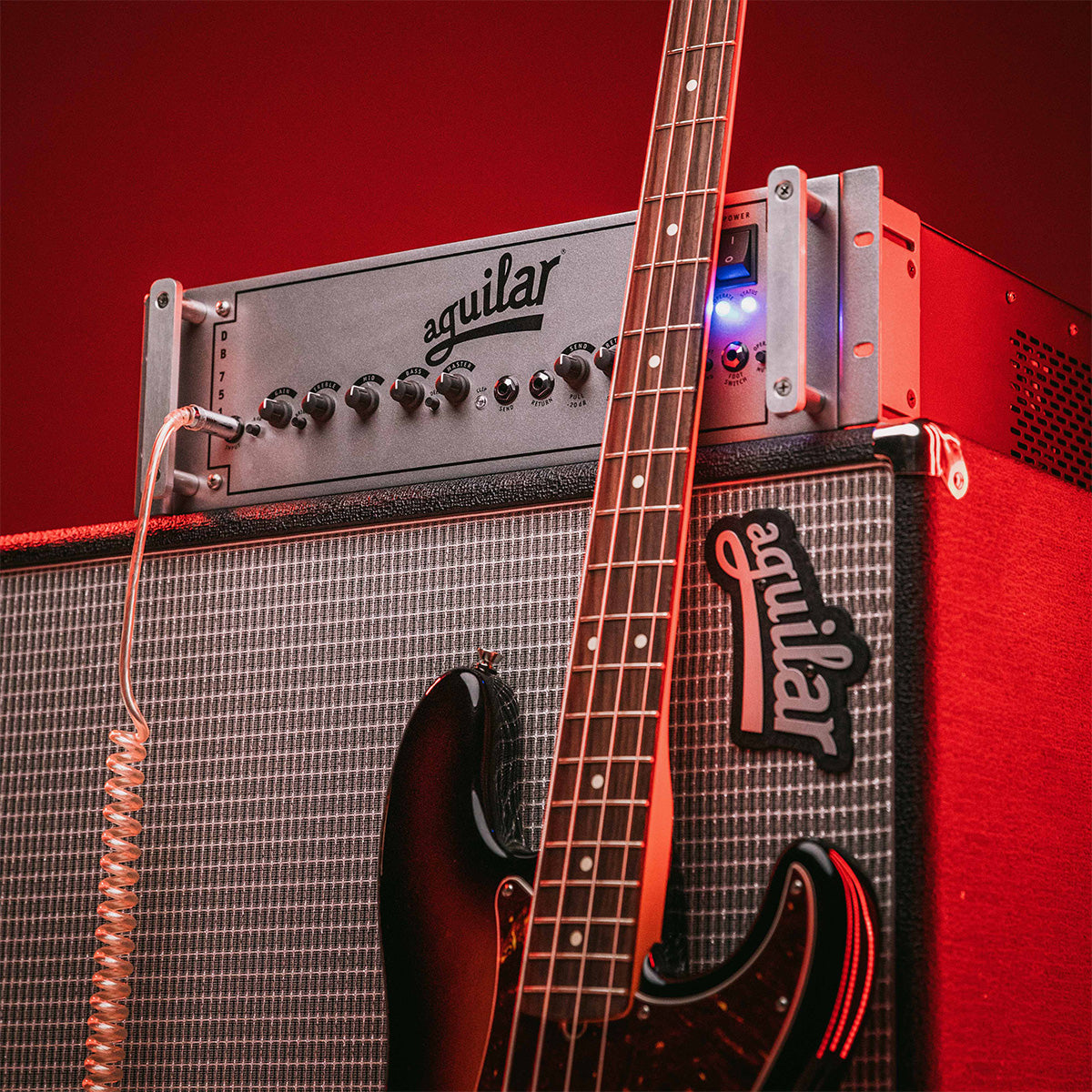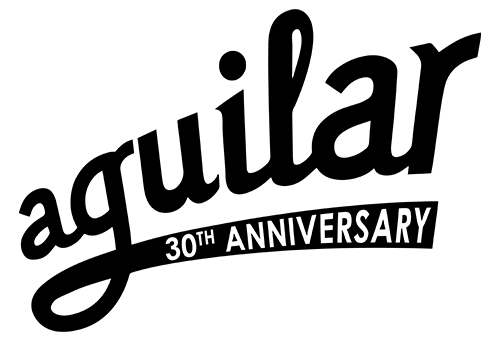
From the very first moment a musician picks up an instrument they set out on a journey to find out what their identity is as a player. However, as Mr. Shaw so eloquently says in his quote above, we do not so much discover who we are as a player as we shape our own, unique identity. And while this is a journey that is never completed, it is a fun and wild ride!
You might be thinking, “That sounds great, but how do I go about creating my identity as a musician?”
Great question!
Our identity is made up of our likes and dislikes, along with the influences of the environments we grew up in, and it starts forming within us way before we even decide to play an instrument. I call these “Passive Factors” because we do not seek them out intentionally. For example, your mom might have played Johnny Cash records often as you were growing up, which passively informed you on song structure, lyrical phrasing, etc. Now here is the kicker; how Johnny Cash’s music influences your identity can actually be determined by your relationship with your mother. If you had a loving relationship with your mom, then you would be more likely to incorporate John Cash’s style into your identity. Conversely, if your relationship with your mom was negative then you would most likely intentionally avoid including Johnny Cash’s style into your identity. This is true for all the music you experience growing up.
Another Passive Factor is the environment you grew up in, and in all the environments you have experienced throughout your life. We hear this very clearly in the music of musicians like Meshell Ndegeocello, Rage Against the Machine, and Jason Mraz. By listening to the songs of these musicians you can pretty clearly “hear” the environments that they experienced. So, one of the best ways to create your identity is to acknowledge your past environments, warts and all.
There are also “Active Factors” that you can focus on in which to shape your musical identity, and this is when you can truly take control of the process. One example of an Active Factor is to seek out lessons from teachers or a music school that you admire. There is a dangerous myth out there that when you take music lessons you surrender your unique identity in exchange for the identities of your instructors, but this is impossible. By our very nature, we will value and incorporate elements of our lessons that excite us and cast aside those we are not drawn to. Consider this; both John Mayer and Steve Vai attended the Berklee College of Music...and they do not sound anything alike, nor do they write songs that are at all similar. You can also look at two of Joe Satriani’s past students, Kirk Hammett and Charlie Hunter. Even though they both studied with Joe, they have their own, unique identities. The pursuit of music training will only help you uncover your unique identity and give you more capabilities to release the music that has been incubating inside of you.
Another Active Factor is to do your best to experience all different kinds of music and cultures. Now I am not saying you must incorporate these new experiences into your identity, but the process of exploring will help define who you are. There is a humorous quote that I once saw that read, “If I want to carve a statue of an elephant out of stone I start with a block of marble and just chip away everything that is not the elephant.” By exploring all that can be explored you will, in effect, be finding those influences that help define your identity while “chipping away” those that do not.
Even though creating your musical identity might seem like a massive undertaking, it is an enjoyable trip. Just be sure to remove any stress or impatience from the process. Also, try your best to balance all that you are taking in with what you are putting out. For example, if someone turns you on to a new genre of music (input) try to write a bass line or a song that incorporates elements of this new style of music (output). The happiest musicians I know create as much as they experience.
To help you on your adventure to create your own, unique musical identity, here are some action items to consider:
- What are your earliest memories of the music that was played in your home and how do you think it has influenced you as a player?
- If you could take lessons from any musician in the world, who would it be and why?
- Which famous musicians would you like to appear on your solo album?
- What genres of music would you like to study and why?
That should get you started! If you feel comfortable doing so, feel free to share your answers to the these action items in the comment section below.
I leave you with this final thought: whatever musical identity you create will be perfect and will continually evolve! Enjoy the process!
Story by Dale Titus
_______________
Dale has been a professional bassist for 40 years and during that time was an instructor/counselor at the Bass Institute of Technology, a freelance writer for Bass Player magazine as well as the Editor of Bass Frontiers magazine. He also released The Ultimate Beginner Series for Bass videos and book for Alfred Publishing, as well as the Everything Bass YouTube channel.


2 comments
What a great text! And I’m not necessarily saying that as an amateur bass player, but as a professional systemic coach and supervisor. I’m happy to take that with me. More of this please!
Our identity as bassplayers comes from different inputs.
Me as both freelance,teacher have to focus on the most important stuff….what’s my role in the music?
And ofcouse the role will develope during the years…but still the question is.
What is my role…and for that…it takes knowledge.